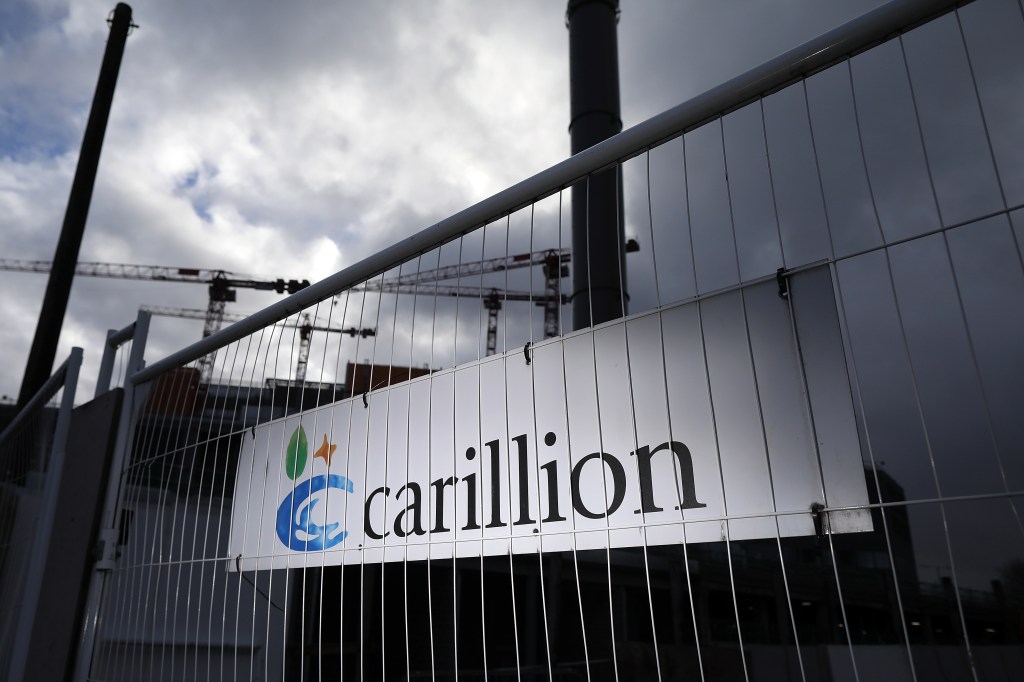Two senior US lawmakers have outlined six core principles which they believe should form the basis of any future regulatory framework for digital assets in the country.
French Hill, US House Committee on Financial Services Chairman, and GT Thompson, House Committee on Agriculture Chairman, have argued that a lack of
Register for free to keep reading
To continue reading this article and unlock full access to GRIP, register now. You’ll enjoy free access to all content until our subscription service launches in early 2026.
- Unlimited access to industry insights
- Stay on top of key rules and regulatory changes with our Rules Navigator
- Ad-free experience with no distractions
- Regular podcasts from trusted external experts
- Fresh compliance and regulatory content every day













